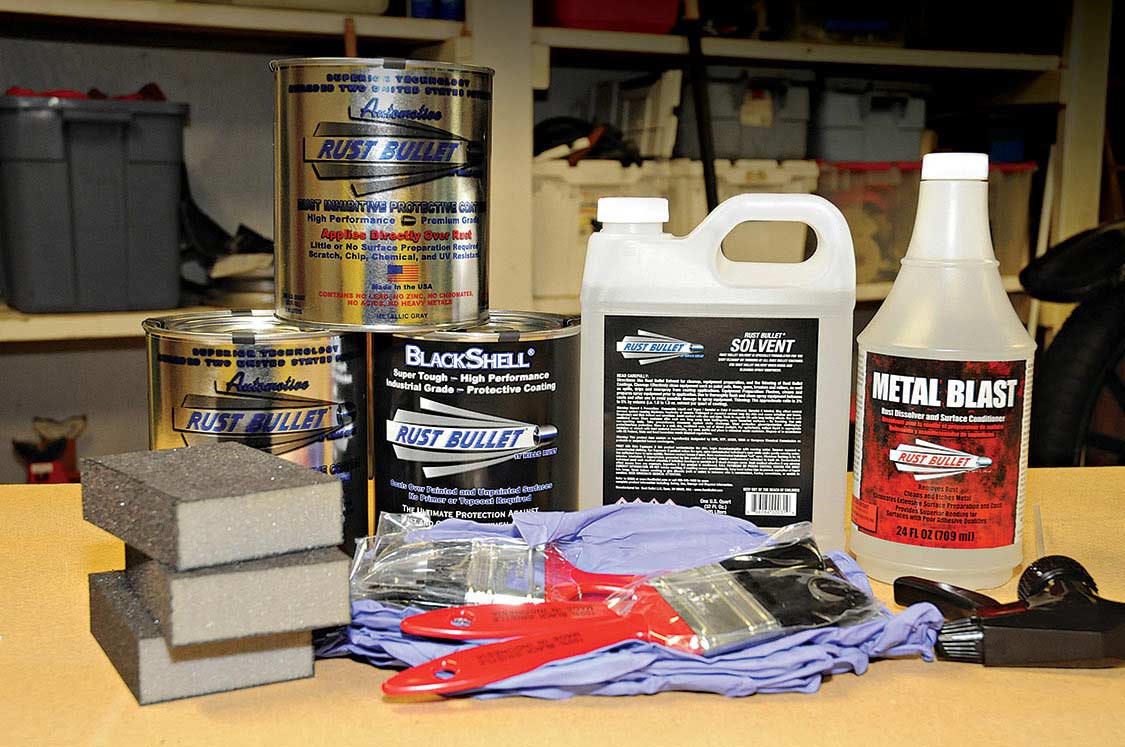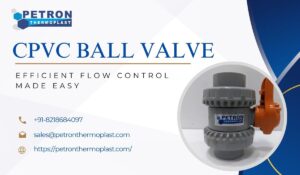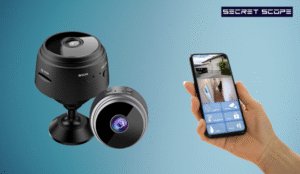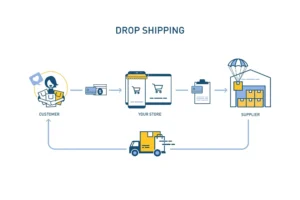How to Choose the Right Rust Remover?
Choosing the right rust remover involves considering the type of material being cleaned, the extent of rust present, and how...

Rust can slowly destroy metal if not removed on time. Whether it’s your garden tools, bike parts, or kitchen items, rust can damage them. A proper rust remover helps you clean it quickly and save the item. But choosing the right one isn’t always easy. You need to match the product to your needs, surface, and safety.
Check the type of rust and the surface
Start by assessing the extent of the rust and its location. If the rust is only on the surface, it’s easier to clean. A soft remover or natural option works well here. But if it has eaten into the metal, you need a stronger product. The surface also matters. Stainless steel, iron, chrome, or painted metal all react differently. A harsh rust remover may damage certain coatings.
Understand the different types of rust removers.
Different products work in different ways. Choose based on how and where you plan to use it.
- Liquid removers: Soak the item in it for complete removal.
- Gel removers: Stick to vertical or uneven surfaces.
- Sprays: Best for small tools or rust patches.
- Natural removers: Made from vinegar, lemon juice, or baking soda.
- Acid-based removers: They work quickly but may damage the surface if used improperly.
Always read the label and safety warning before applying the rust remover.
Choose a safe and easy-to-use option.
Not all rust removers are safe for use at home. Some contain strong chemicals. Make sure you use gloves and keep windows open when using them. If you are removing rust indoors or near kids, prefer a mild or eco-friendly version. These are safer but may take longer to work. A good rust remover should clean well without harming you or the item.
Think about long-term protection.
Removing rust is not enough. You need to stop it from coming back. Some rust remover products also leave a layer that prevents rust from forming again. If your item is stored in a wet or outdoor area, this helps a lot. If not included, apply a rust-proof coating afterwards. This extra step protects your metal for months or even years.
Match the product to your job size
Bigger items need more product and may need repeat cleaning. For example, a rusty gate or fence will need a large pack of remover. However, if you only need to clean scissors or bolts, a small gel tube will suffice. Don’t buy more than needed. Use the right size and type for faster and cheaper results.
Conclusion
Choosing the right rust remover involves considering the type of material being cleaned, the extent of rust present, and how the product works. Match the remover to your surface and safety needs. Use gloves, keep the area well-ventilated, and read the instructions. A good rust remover not only cleans the rust but also helps prevent it from returning. That’s how you save your metal items and extend their life without wasting time or effort.





